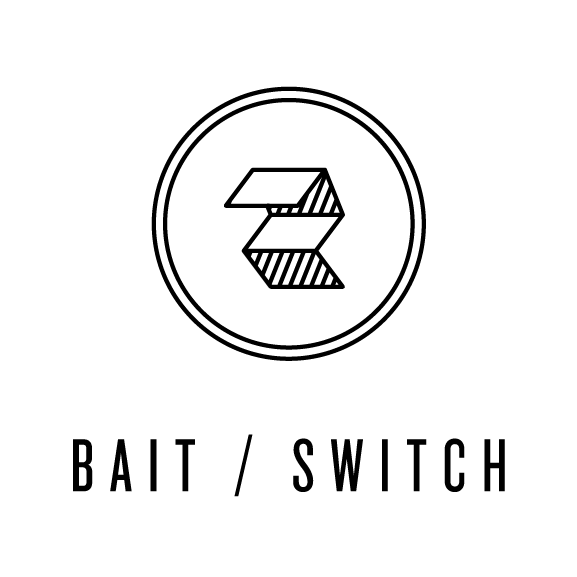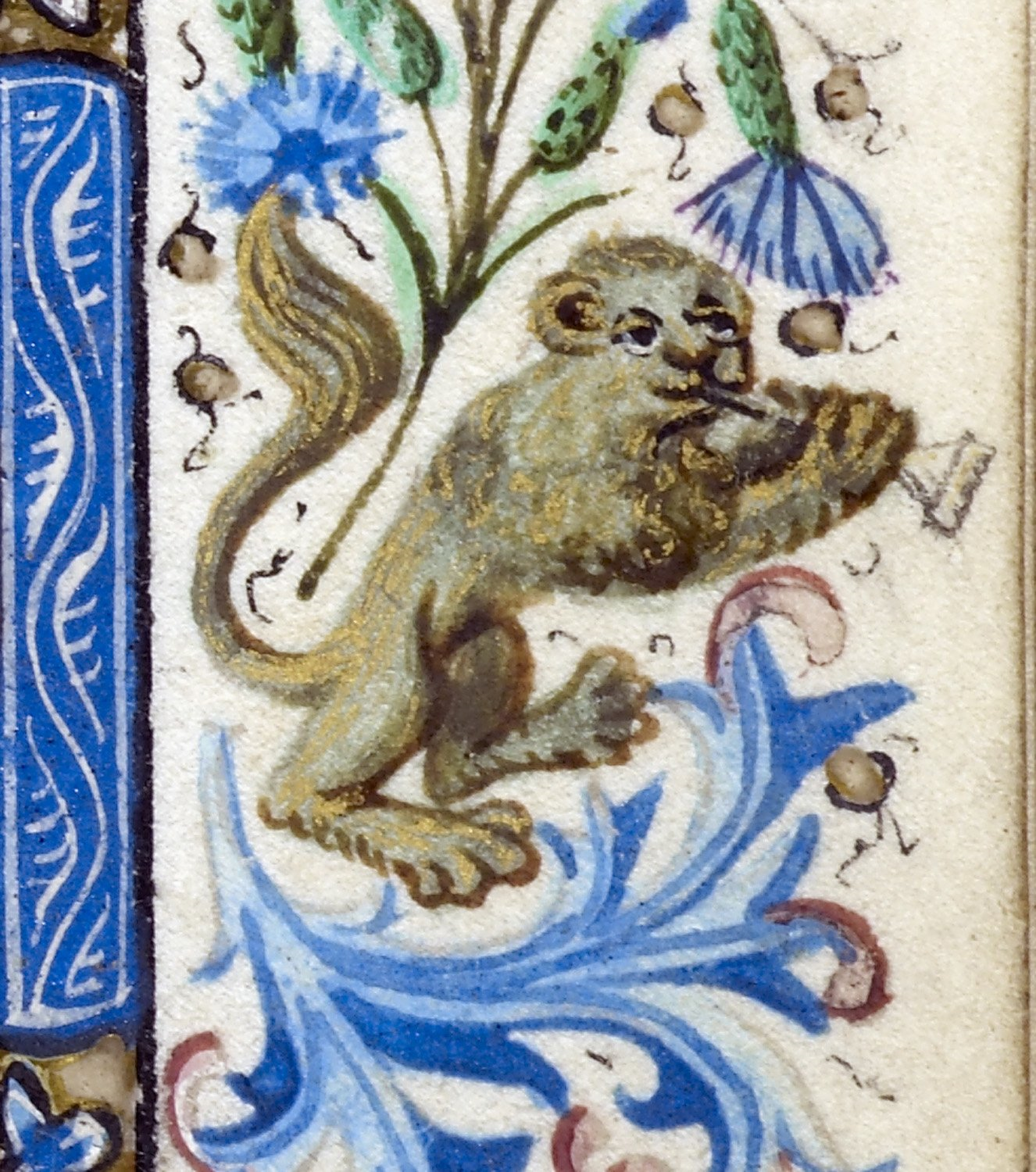Shadows
Kim Parkhurst
“I use the word ‘extraordinary’ way too much, but needing to rely on it a lot is nothing to complain about.”
Interview by L. Valena
February 3, 2022
Can you describe the prompt that you responded to?
I loved it. It was an illustrative art quilt of a hand making a shadow puppet of what looked like a wolf.
What was your first reaction to that?
I loved it. It looked like a vintage image -- like a diagram that tells you how to do that. I love illustrative quilts.
Where did you go from there?
What captured my imagination first was how black the black was of the shadow. It looked like it might have been flannel, or something matte -- it really sucked in the color. The way it was framed, the hands were ordinary and the shadow was the exotic animal creature thing. The hands were white, and you could see that it overlaid the black. It showed through a little bit, and I thought that was interesting. It made me think about shadows, versus the things that cast them, and all the ideas that we have about that. I get stuck on a thing, and I've been stuck on the Henry Darger documentary -- do you know it?
No!
It's called Realms of The Unreal. Do you know who Henry Darger is?
The outsider artist?
Yeah! In Chicago... he was a janitor.
Hmm yeah I love his work.
Yeah, with the Vivian girls, and all of his imaginary worlds... kind of like that. You don't see anything like that in the person. But inside the person there's this incredible world, and you can't know. So the shadow is the wolf versus the hand. I kind of crunched that up, and made a very very plain, unassuming person, but I put extraordinary things into her shadow. I use the word 'extraordinary' way too much, but needing to rely on it a lot is nothing to complain about.
So what I'm hearing from you is that the extraordinary lives inside every person, we can only assume. Is that right?
I don't remember the source of it, but I heard someone say that every time someone dies it's like a library burns down. I heard that when I was a kid, and it gave me goosebumps all over. Because it's true. All of the things a person learns, and all of the things they imagine. My work is primarily visual art, which is easy to show people, but lately I've been working on a writing project, which is not, and it's maddening. I stomp around the house saying, "I hate learning."
You know, I really think of myself as someone who loves to learn, but the moment I recognize a blind spot of some kind, or a gap in my understanding about something, I'm like, "Fuck this. I'm not learning that."
I want to know already. Can I just get to four years later, when I can get the degree and know everything?
Which is interesting, given this idea that every person is a library, and we can only accumulate these experiences through time. How maddening!
I contradict myself constantly, Lu. I contain multitudes [Laughs]. But back to my point. With writing, you're like laboring in obscurity. When you make a painting, you don't necessarily rely on other people telling you if it's good or not, but you can kind of show people and it's like saying, "I'm here and I'm doing stuff." Kind of like birds calling back and forth. With writing, you're down there in the dark, and you can't tell people about the cool things you dreamed up because then you become That Person.
Why do you think it's different?
Because you can show someone something, and they can look at it in a second, but if you want them to read it... you become That Person.
Yeah. I think taking up space in that way can be really uncomfortable. I know for me, I'm constantly expanding my horizons in different ways, but I'm also self-conscious about how those ways affect how other people might perceive me.
And at the same time, I have to keep reminding myself that maybe other people aren't as judgemental about it as I am. And maybe that idea of 'That Person' just makes me a jerk who dislikes people for no reason because of what they do.
One thing that I think is so challenging about writing, is that no matter what you write, you generally end up with a page of text. And then you read it, and see through it, however you process it.
... You crawl through the window.
Example of Medieval marginalia -- British Library, Harley MS 2433, fol. 82r
Yeah! So I guess it's reminding me of this piece that you made.
A long time ago, my writer friend and I were busting on each other. He said, "a visual artist relies on the visual senses, but a writer relies on all the senses." And I was like, "Oh come on. Don't chafe yourself, okay?" But he's right. You have to replicate those experiences so another person can relate to them. I don't know if I would even love drawing so much if it wasn't for the ideas that came into my head from reading, so I don't devalue it in any way.
What haven't we talked about?
The critters in the shadow come from Medieval marginalia. Always back to the little Hieronymus Bosch guys. I need new critters. The thing with all of the little critters, they're all like different voices. And it occurs to me now, that I'm not sure that everyone has that.
Has what?
All the little conflicting ideas and voices, and one of them is your mother. There's always that voice that says, "Are you really going to wear that?" There's always this back and forth, and some of it is conscious and some of it is not. And then there's the Imp of The Perverse -- do you know that one?
No.
It's that feeling like if you're on a ledge, and you think to yourself, "well I could step off." And you know you're not going to, but oh my god, what if you did? It's like an impulse, but it's not. You don't really want to. Or like if you see someone leaning over a curb, and you're like, "what if I nudged him?" And you have to put your hand in your pocket more firmly. You know you're not going to, because you're a reasonable person and not a monster, but you get monster whispers sometimes. All those little creatures in there. Some are monsters, and some are not.
You've done this twice now. Do you have any advice for another artist approaching this project for the first time?
If you don't think of something in the first week, don't panic, because that's like not tasting the chicken halfway through cooking it.
[Laughs] Great.
It's gotta cook in your brain! And it will get there. And then when you plate it up, it will go great. How do you like that?
I love it.
That's the closest I get to actually cooking.
Call Number: Y72VA | Y74VA.paSha
Based in the wooded northern hills of central Massachusetts not far from H.P. Lovecraft's imaginary town of Dunwich, illustrator Kim Parkhurst combines the familiar with the strange to conjure the cozy but eerie feeling of scary stories and regional legends. Surrounded by forgotten forest cellar holes and overgrown slate-stoned cemeteries, she keeps the fantastic and phantasmagoric close to her heart (in a shoebox under the floorboards.)




